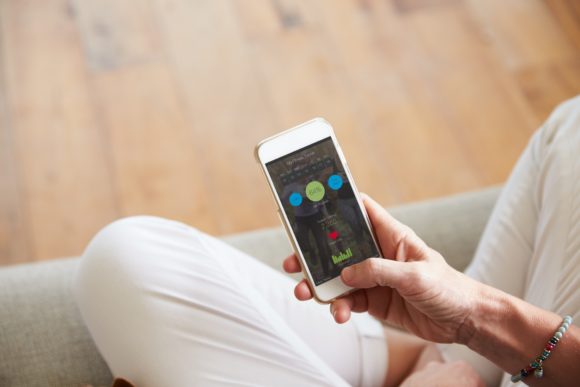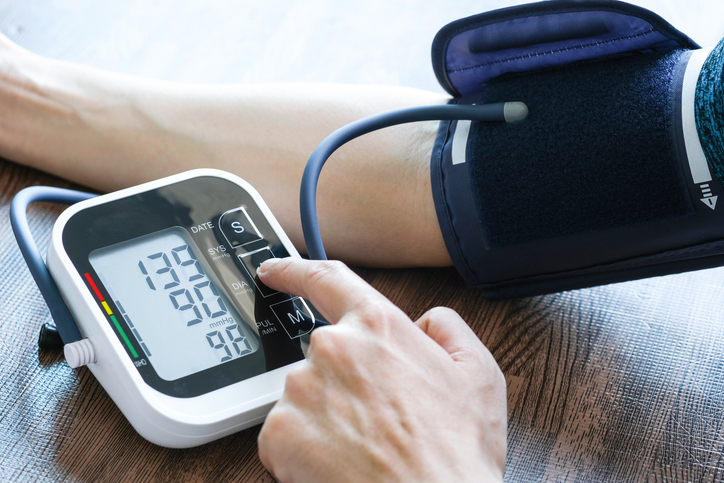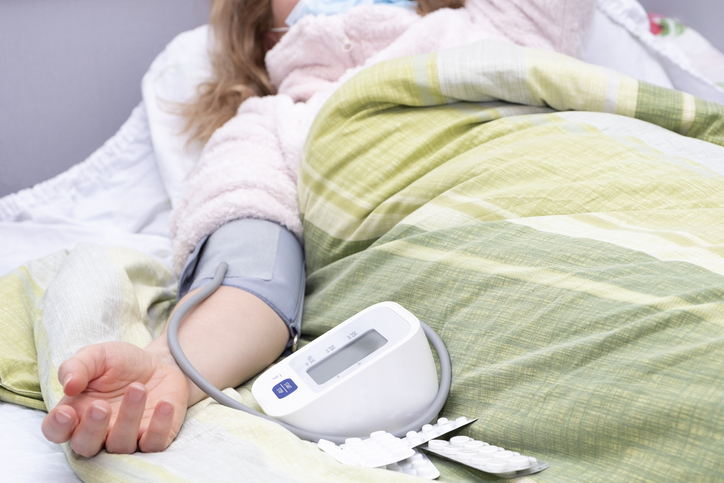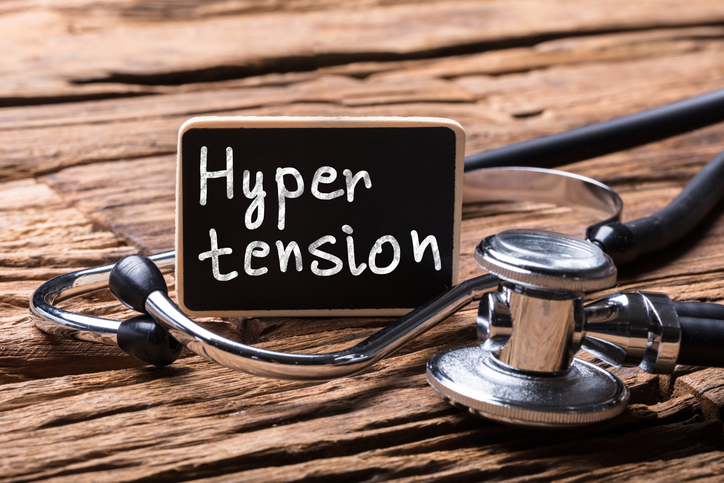
A novel blood pressure coaching app was not significantly different from a blood pressure tracking app for helping to reduce systolic blood pressure in patients with hypertension.
A new randomized study, published in JAMA, looked at 333 participants (297 completed the study) with uncontrolled hypertension and followed them for six months. Participants were randomized to receive either a smartphone coaching app (which promoted behavioral modifications plus a normal blood pressure monitor (intervention group), or to receive a blood pressure tracking app plus a normal monitor (control). The primary outcome of interest was a chance in systolic blood pressure at six months. Secondary outcomes included self-reported antihypertensive medication adherence, home monitoring and self-management practices, self-efficacy measures, weight, and self-reported health behaviors.
Mean age of the study participants was 58.9 years (61.3% women, 34.7% black), with baseline mean systolic of 140.6 mm Hg in the intervention group and 141.8 mm Hg in the control group.
No Differences Between Study Groups
According to the study results, after six months, corresponding mean systolic was 132.3 mm Hg in the intervention group and 135.0 mm Hg in the control group (between-group adjusted difference of -2.0 mm Hg; 95% CI, -4.9 mm Hg to 0.8 mm Hg; P=0.16). Self-confidence was higher in the intervention group compared with the control group at six months (P<0.001). The authors reported no significant differences between the groups for secondary outcomes. One particular subgroup analysis suggested a potential association with intervention effects and age.
“Among individuals with uncontrolled hypertension, those randomized to a smartphone coaching app plus home monitor had similar systolic blood pressure compared with those who received a blood pressure tracking app plus home monitor,” the authors concluded in their paper. “Given the direction of the difference in systolic blood pressure between groups and the possibility for differences in treatment effects across subgroups, future studies are warranted.”
https://twitter.com/christiaanrees1/status/1235239767979315204
https://twitter.com/NammiKan/status/1235215827340857344
Despite strategic follow up (6 months), among individuals with baseline mean SBP 140-141 mmHg, those randomized to a smartphone coaching app + home monitoring had similar systolic BP vs those who received a home monitoring (+ BP tracking app). https://t.co/OcqTbCS7k0
— Camilla Alderighi (@camialderighi) March 2, 2020







 © 2025 Mashup Media, LLC, a Formedics Property. All Rights Reserved.
© 2025 Mashup Media, LLC, a Formedics Property. All Rights Reserved.